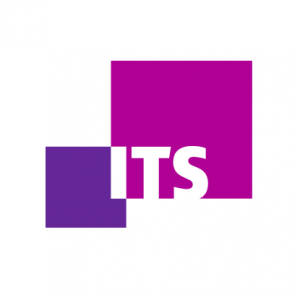Call for Transparency in the Public Consultation of Bill 2.338/2023 (Artificial Intelligence) in the Federal Senate
published in
17 de May de 2024
categories
theme
Rio de Janeiro, May 17, 2024
The contributions submitted to the rapporteur of Bill No. 2.338/2023 – addressing the crucial topic of Artificial Intelligence – have yet to be published. This is concerning, and the Institute for Technology and Society (ITS) publicly requests the immediate release of all public contributions received by the Federal Senate related to this bill.
The call for public contributions was issued on April 24, 2024, with submissions closing on May 8 – a brief two-week window. Despite this short deadline, the Federal Senate reported receiving more than 2,000 pages of contributions, highlighting the decisive engagement of Brazilian society on this critical issue.
Given this high level of participation, we urge the publication of all contributions received during this public consultation by the Internal Temporary Committee on Artificial Intelligence in Brazil (CTIA) to ensure the necessary transparency.
It is worth noting that all contributions received during previous rounds of consultation by the Committee of Jurists Responsible for Supporting the Drafting of a Substitute Bill on Artificial Intelligence (CJUSBIA) have been made public. There is no reason why the same standard should not be upheld in this instance.
Indeed, we must highlight that Brazil has a longstanding tradition of open government and public consultations. The 1988 Federal Constitution was shaped by extensive societal input, with more than 72,000 contributions submitted to the Constituent Assembly—all of which were published and remain accessible, providing vital insight into the country’s legislative history.
Moreover, Brazil is a member of the international Open Government Partnership, committed to public transparency in all government processes. This commitment led to the creation and enactment of the Access to Information Law (LAI) on May 16, 2012.
During the development of the Civil Rights Framework for the Internet, thousands of contributions were received through a digital platform created for public consultation, coordinated by civil society in collaboration with the Ministry of Justice. Every submission was published in real-time, including those from both the private and public sectors.
Similarly, all comments made during the drafting of the General Data Protection Law were promptly published, following the same transparent process as the Civil Rights Framework for the Internet. This law, too, set a high standard for transparency in the legislative process.
So far, the process surrounding Bill 2.338/2023 has adhered to this tradition of transparency. The committee of legal experts who drafted the bill has published all contributions in full (in total, organized by topic) – in text and video – resulting in 102 public contributions available for analysis and comparison, helping to inform the ongoing debate and the legislative process.
There is no reason for this transparent practice to change now.
These contributions must be published in a timely manner – that is, immediately – because any delay undermines transparency and hampers the creation of a genuine, open, and constructive debate around the legislation.
From a legal standpoint, the Access to Information Law guarantees the right to publication, and there is no conflict with the General Data Protection Law, as this concerns public policy formulation. Technically, the publication process requires minimal effort, as it simply involves making the relevant files available online—something the Commission has already done through the Senate’s website.
The submission deadline has been extended to May 22, providing only 15 additional days. This is a very short period, underscoring the urgency of publishing the contributions received by May 9 as soon as possible (with the rest following promptly after the new deadline).
The Working Group has been extended until July 18, leaving limited time to review thousands of input pages. This makes it essential that the contributions be made available in time for thorough analysis and reflection.
We rely on the Federal Senate, which has consistently demonstrated its commitment to the Participatory Democracy established by the 1988 Constitution. We urge the Senate to uphold its tradition of transparency and openness.
ITS Rio– Instituto de Tecnologia e Sociedade do Rio de Janeiro

